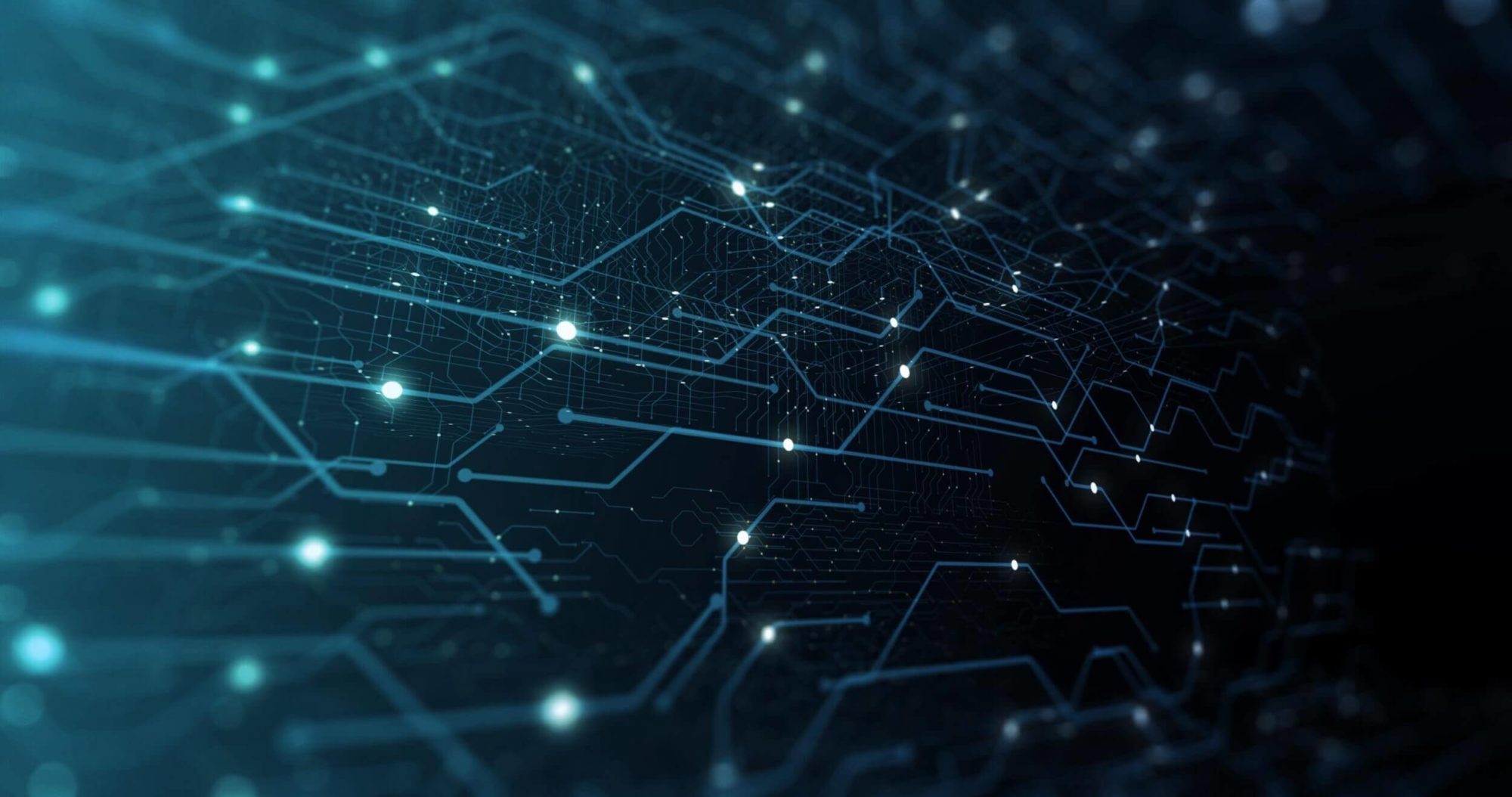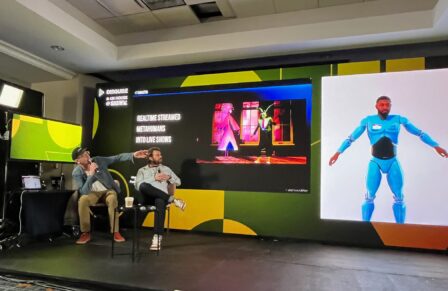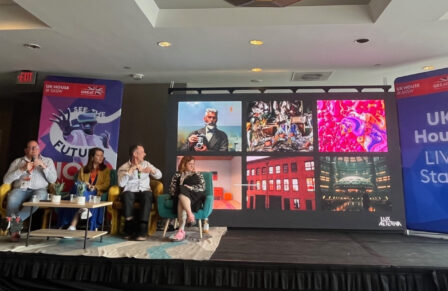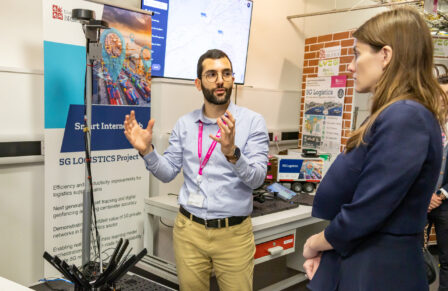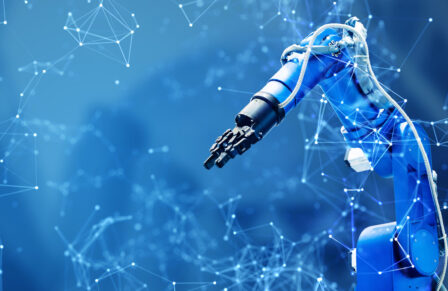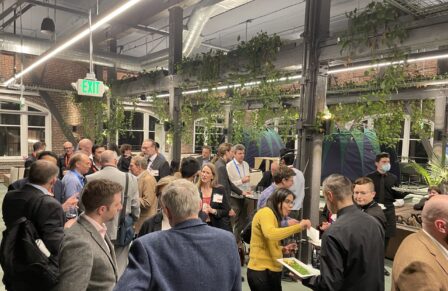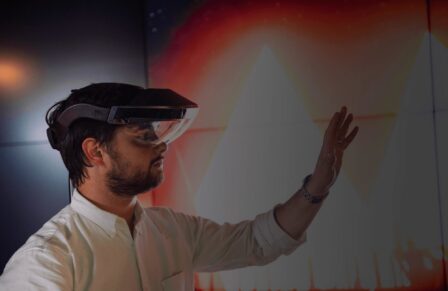About this event
A workshop on using new methods to measure structural economic change & inform policy
New sources of data and ways to analyse them with machine learning, Artificial Intelligence (AI) and complexity science can help to capture the emergence of new scientific fields, technologies, industries and occupations, improving our ability to measure and model economic change and inform policy, funding and investment decisions. This includes how to identify and support emerging technologies and industries, level up local economies, make innovation more inclusive and accelerate the transition to a green economy.
This workshop will bring leading scholars, policymakers and statistical agencies at the forefront of this agenda together to discuss the state of the art and what’s needed to maximise the impact of these new data sources and methods on our understanding of the economy and the effectiveness of economic and research and innovation policy.
The in-person attendance places at this event has now sold out and a waiting list is in place. To register for a place on the waiting list please click here.
Due to popular demand we will also be live streaming the event. To register for an online place please click here. Please note only registered online attendees will be able to access the live stream.
Agenda
9:15 am – 9:45 am Registration
9:50 am – 10:00 am Welcome
10:00 am – 10:45 am Keynote address 1
Regional Resilience in Today’s Evolving Economy
Mercedes Delgado, Copenhagen Business School, MIT Innovation Initiative and Institute for Strategy and Competitiveness at Harvard Business School
10:45 am – 11:25 am Session 1 – Measurement
Economic Growth Goes Fractal: The Changing Structure of UK Venture Capital
Anna Valero, London School of Economics
A Bottom-up Industrial Taxonomy Using Web-data
Juan Mateos-Garcia, Nesta and ESCoE
11:25 am – 11:45 am Tea and coffee break
11:45 am – 12:30 pm Keynote address 2
J. Doyne Farmer, The Institute for New Economic Thinking at the Oxford Martin School
12:30 pm – 12:50 pm Session 1 continued – Measurement
Work2Vec: Learning a Latent Representation of Labor Demand
Daniel Rock, Wharton (virtual presentation)
12:50 pm – 2:00 pm Lunch break
2:00 pm – 3:00 pm Session 2 – Modelling
Is Innovation a Process of Combination? A Roundup of Recent Evidence
Matt Clancy, Institute for Progress
Pathway of Innovation: Micro to Macro
Hyejin Youn, Northwestern University / Santa Fe Institute
Measuring Exploration and Exploitation Patterns in Technological Innovation
Mirko Draca, University of Warwick-CAGE
3:00 pm – 4:00 pm Session 3 – Informing
Using Data Science to Better Understand Economic Activity
Arthur Turrell, Office for National Statistics
Data Science for STI Policy: On Realistic Opportunities and Major Hurdles
Caroline Paunov, OECD
The Policy Implications of Economic Complexity
Viktor Stojkosi, Macedonian Academy of Sciences and Arts
4:00 pm – 4:30 pm Tea and coffee break
4:30 pm – 5:30 pm Panel discussion
Panel Chair: Rebecca Riley, ESCoE and King’s College London
Panel Members including:
- Grant Fitzner, Office for National Statistics
- Laura Gilbert, No 10 Data Science Unit
- Stian Westlake, Royal Statistical Society
5:30 pm – 6:30 pm Drinks reception

